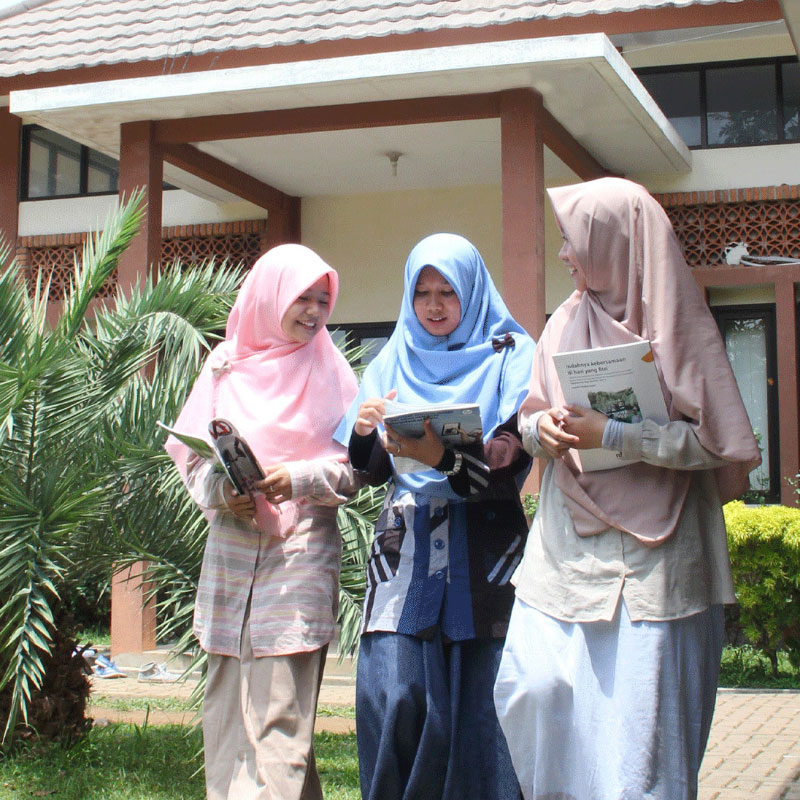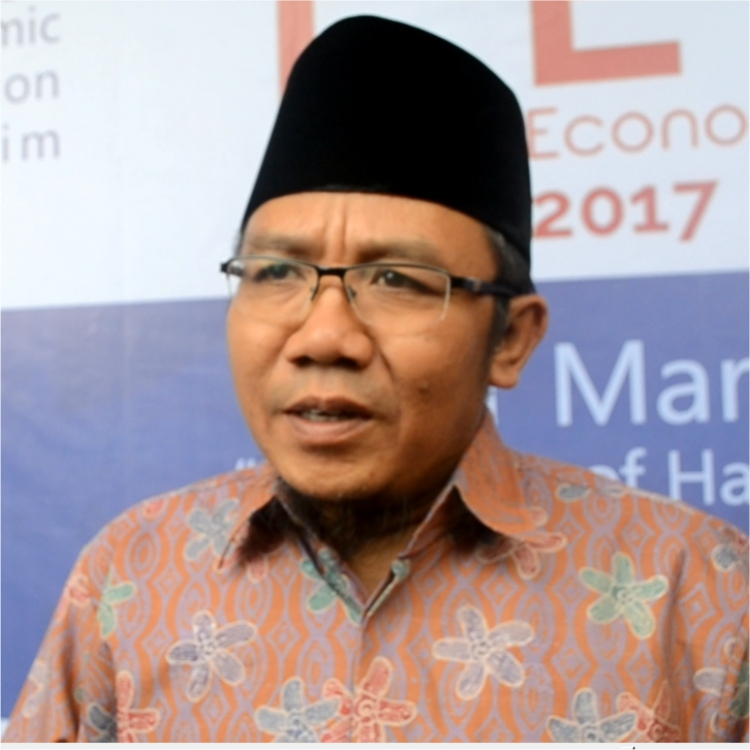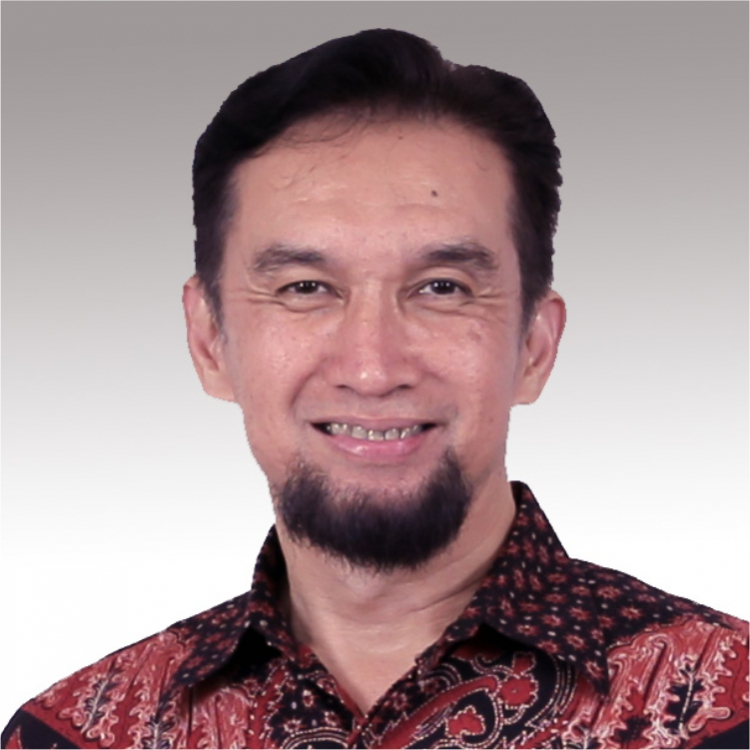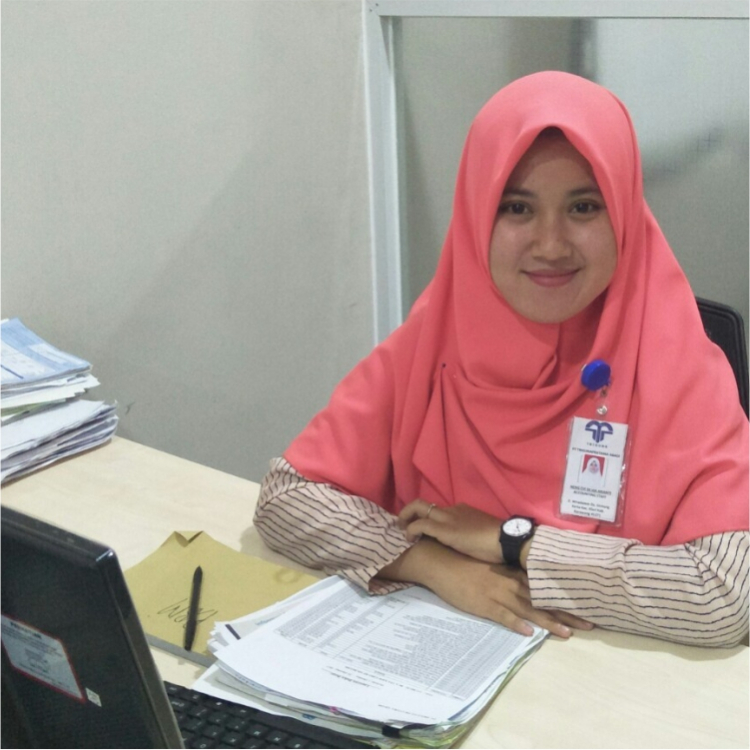
Why STEI SEBI ?
98% of graduates are absorbed in the industries
STEI SEBI graduates have bright future and careers
campus of the winners
Reach your fullest potential with STEI SEBI
Scholarships
Get full scholarships while studying at STEI SEBI

STEI SEBI graduates have bright future and careers
Reach your fullest potential with STEI SEBI
Get full scholarships while studying at STEI SEBI
SEBI School of Islamic Economics (STEI SEBI) held a Sharing Session through the...
SIBERC-STEI SEBI and Akademizi-IZI issued a policy brief entitled Reputation Risk...
STEI SEBI has achieved Excellent accreditation from the National Accreditation Board...
Thursday, January 19, 2023, SEBI's STEI business incubator, SEL (SEBI Entrepeneurship...
The National Accreditation Board for Higher Education (BAN-PT) has delivered the...
Sharia Economic Law Study Program 2020 Sekolah Tinggi Ekonomi Islam (STEI) SEBI...

SEBI is extraordinary in providing broad benefits to the community through various sharia economic development programs. The students are also very productive by continuing to think and do good. During the fight, STEI SEBI.

STEI SEBI has a clear vision and mission and is supported by reliable staff so that it is expected to produce competent graduates with a strong Islamic spirit.

STEI SEBI is not just an ordinary sharia economic campus, but a campus that teaches students to be honest and competitive people. STEI SEBI campus has a conducive and Islamic lecture environment as well as systematic learning methods by providing comprehensive Islamic banking knowledge.

The syariah accounting curriculum combines balanced theory and practice as well as providing accounting computerized skills that will make students have more value. SEBI not only equips students with knowledge to achieve success in the world, but also equips them with knowledge to achieve haqiqi success in the hereafter. Now I work in the general sphere,...